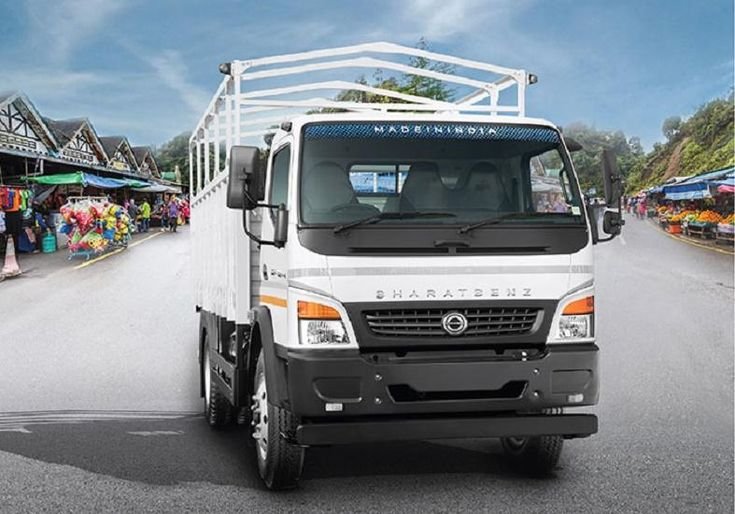Essential Tips for Choosing the Right Logistics Partner
Finding the right logistics partner can make or break your supply chain. Whether you’re an e-commerce business, manufacturer, or retailer, the right logistics provider ensures timely deliveries, cost efficiency, and customer satisfaction.
Here’s a step-by-step guide to selecting the best logistics partner for your business needs.
1. Define Your Logistics Needs
Before searching for a provider, identify your specific requirements:
✔ Type of Goods (Perishable, fragile, hazardous?)
✔ Shipping Volume (Regular bulk shipments or occasional?)
✔ Delivery Locations (Local, national, or international?)
✔ Special Requirements (Cold storage, express delivery?)
Example: A food delivery startup needs refrigerated trucks, while an e-commerce store may prioritize last-mile delivery speed.
2. Check Experience & Industry Expertise
Not all logistics providers handle all types of goods. Look for:
✔ Years in Business (Established players are more reliable).
✔ Industry Specialization (Do they handle electronics, pharmaceuticals, etc.?)
✔ Client Portfolio (Have they worked with businesses like yours?)
Red Flag: A provider with no experience in cold chain logistics may mishandle perishable goods.
3. Evaluate Technology & Tracking Capabilities
Modern logistics relies on real-time tracking, automation, and data analytics.
Must-Have Tech Features:
- Live GPS Tracking (Know where your shipment is at all times).
- Automated Notifications (Alerts for delays, deliveries).
- Inventory Management Integration (Syncs with your ERP/WMS).
Example: Companies like Amazon and Flipkart use AI-driven logistics for predictive delivery timelines.
4. Assess Delivery Network & Coverage
A good logistics partner should cover:
✔ Your Key Markets (Urban, rural, remote areas).
✔ International Shipping (If you export/import).
✔ Warehousing Options (Do they offer storage solutions?)
Tip: If you sell pan-India, choose a provider with strong last-mile delivery in Tier 2/3 cities.
5. Compare Pricing & Hidden Costs
Cheapest isn’t always best—look for transparent pricing.
Common Hidden Charges:
- Fuel surcharges
- Loading/unloading fees
- Storage fees for delayed pickups
Negotiation Tip: Ask for bulk discounts if you ship regularly.
6. Check Reliability & On-Time Performance
Late deliveries = Lost customers.
How to Verify Reliability:
✔ Check Reviews (Google, Trustpilot).
✔ Ask for Delivery Success Rate (e.g., 95%+ on-time deliveries).
✔ Request References (Talk to their existing clients).
Example: A delay-prone logistics partner can increase customer returns by 20%.
7. Review Customer Support & Problem Resolution
Issues will arise—how quickly do they resolve them?
Key Questions to Ask:
- Do they have 24/7 support?
- What’s their damage/loss policy?
- How do they handle delivery exceptions?
Red Flag: No dedicated account manager = higher risk of miscommunication.
8. Ensure Scalability for Future Growth
Your logistics partner should grow with your business.
✔ Can they handle peak season demand?
✔ Do they offer multi-channel fulfillment (D2C, B2B, marketplace integrations)?
Example: Startups scaling rapidly need fulfillment centers in multiple cities.
9. Verify Safety & Compliance
A good logistics provider follows regulations.
✔ Fleet Maintenance Standards (Avoid breakdowns).
✔ Insurance Coverage (For lost/damaged goods).
✔ Legal Compliance (GST, e-way bills, import/export docs).
Warning: Uninsured shipments can lead to heavy financial losses.
10. Test with a Trial Period
Before signing a long-term contract:
✔ Run a pilot project with a few shipments.
✔ Evaluate delivery speed, communication, and issue resolution.
Smart Move: Some providers offer discounted trial runs for new clients.
Final Checklist Before Signing
✅ Do they specialize in your industry?
✅ Is their tech stack modern and reliable?
✅ Are their pricing and policies transparent?
✅ Do they have positive client testimonials?
✅ Can they scale as your business grows?




